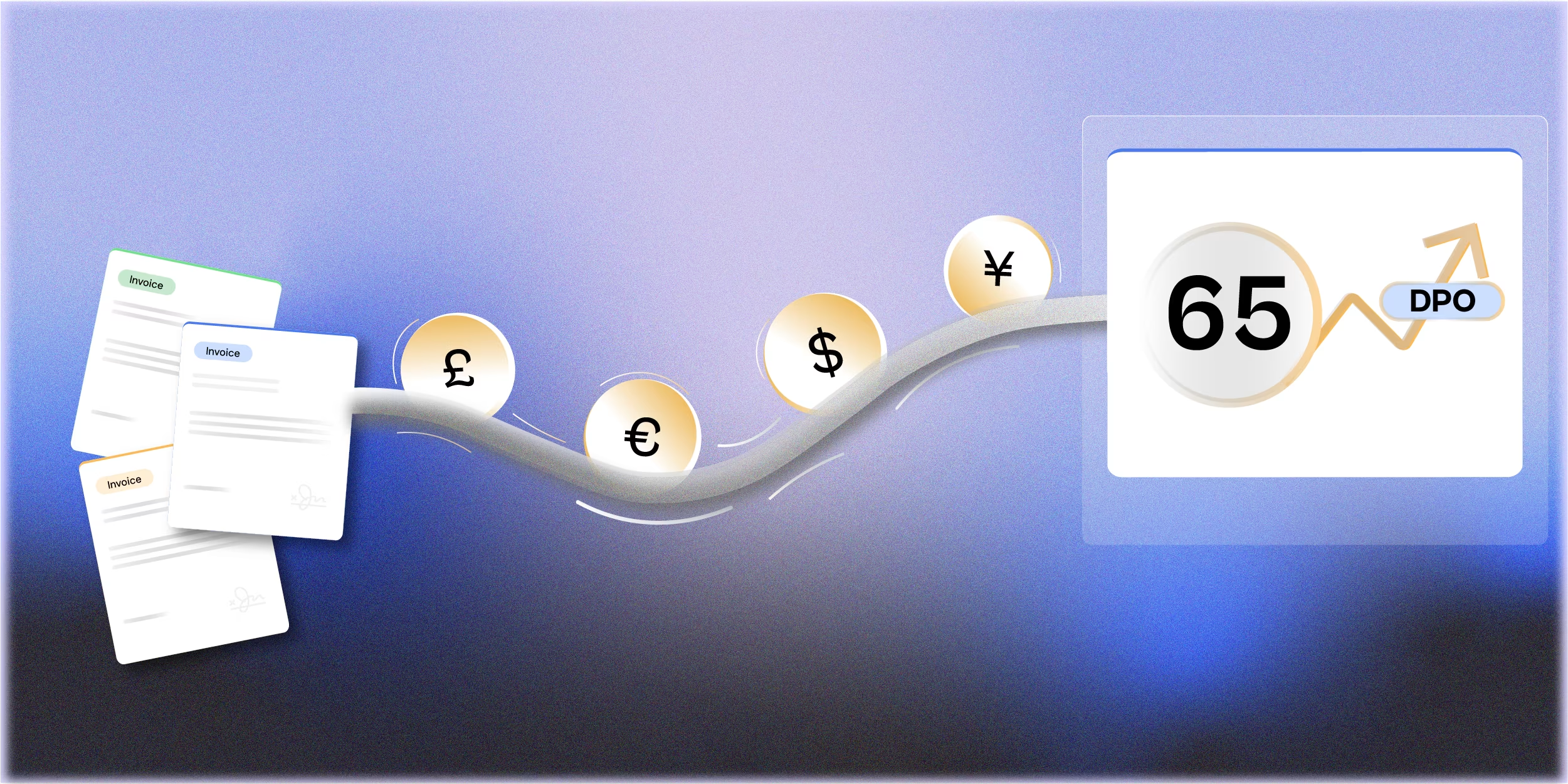As many of you might already know, HSBC Canada has now been acquired by the Royal Bank of Canada (RBC). This development comes after the government approved the sale of HSBC Canada, along with its subsidiaries, to RBC for $13.5 billion in December 2023. Currently, HSBC Canada is in a phase of transition to RBC, and this process is expected to continue for the next few months.

What does this transition mean for businesses?
HSBC's global banking network has provided Canadian businesses with extensive support over the years, offering a wide range of services to facilitate international banking needs. Their global network allowed retail customers to open accounts in over 30 countries online, manage them from one place, and easily apply for local credit cards in new destinations.
For cross-border businesses, HSBC made it easy to move money between accounts globally, offering a seamless money movement experience. They were able to offer this experience because money moved between their own banks globally. Yet, despite these advantages, their technology remained a significant frustration.
It's important to note that HSBC has transferred only its Canadian operations to RBC. Companies that previously relied on HSBC's extensive international network now find themselves at crossroads, needing to adapt to RBC's offerings.
How will this transition impact businesses?
RBC, despite its strengths, lacks the global reach that HSBC provided, significantly limiting the international banking services available to businesses. This gap in global coverage suggests that businesses may encounter less favorable exchange rates, slower payments, and higher cost of sending wires, potentially leading to increased costs that could impact their bottom line.
Moreover, businesses should brace for a potential decline in the quality of banking technology and customer service. The anticipated challenges include increased inefficiencies in payments, with delays becoming more common, and a general decrease in the ease of conducting global financial operations.
The transition to RBC may require businesses to explore alternative strategies to mitigate the effects of higher costs, technological setbacks, and service delays, ensuring their financial operations remain robust and efficient in this new banking landscape.
Are There Cost-Effective Alternatives?
Let us introduce you to Finofo, your ideal alternative for managing global transactions with ease. Finofo offers international interconnectivity, allowing businesses to extend beyond the offerings of HSBC or any other bank:
- Finofo allows you to acquire your own unique local account numbers that enable you to function like a local business in your target country, even without establishing a physical business entity there. This includes USD (ACH-enabled), GBP (Faster Payments-enabled), EUR (SEPA Instant-enabled), CNY and HKD (FPS-enabled), and many more local accounts around the world in just a few clicks.
- The platform enables you to send, receive, and hold money across multiple countries in multiple currencies, registering a global footprint. Plus, Finofo is free to use i.e. no account sign-up fees or monthly maintenance fees.
- Exchange rates: Finofo stands out significantly. Offering rates that are far more competitive than traditional banks and brokers, Finofo ensures you avoid unnecessary expenses due to inefficiencies that occur during global transactions.
- Additionally, Finofo integrates seamlessly with accounting platforms like QuickBooks, simplifying your financial management process.
Signing up with Finofo is straightforward, and we're here to help set up your account. The onboarding team will quickly bring you up to speed, ensuring you have the financial freedom you need.
We won't leave you in the dark like HSBC. Open your Finofo account today!







